RoseTX
TPF Noob!
- Joined
- Jun 24, 2013
- Messages
- 1
- Reaction score
- 0
- Location
- Texas
- Can others edit my Photos
- Photos NOT OK to edit
Hello-
I have become more and more interested in photography. I plan on registering for some beginner classes, because I don't know the first thing about cameras other than point and shoot. I've owned some regular digital cameras in the $100-$350 range. I never learned any of the functions on them other than the power button and picture taking button. I am very interested in everyday life photography to include: home pics of self/family, nature; just to name a few. I would love to start with a camera that provides the basic necessities a beginner requires. I am trying to do my own research, but I find it very hard to understand most of the reviews since I don't know anything about cameras. The terminology is hard to understand. I don't want to show up to class without a camera, and I'm not interested in renting. I want to buy a camera, go to class, learn about the camera, keep it, use it, and keep moving forward My budget is $500-$1000. Any suggestions is appreciated. Thank you. -Rose
My budget is $500-$1000. Any suggestions is appreciated. Thank you. -Rose
I have become more and more interested in photography. I plan on registering for some beginner classes, because I don't know the first thing about cameras other than point and shoot. I've owned some regular digital cameras in the $100-$350 range. I never learned any of the functions on them other than the power button and picture taking button. I am very interested in everyday life photography to include: home pics of self/family, nature; just to name a few. I would love to start with a camera that provides the basic necessities a beginner requires. I am trying to do my own research, but I find it very hard to understand most of the reviews since I don't know anything about cameras. The terminology is hard to understand. I don't want to show up to class without a camera, and I'm not interested in renting. I want to buy a camera, go to class, learn about the camera, keep it, use it, and keep moving forward
Last edited:


![[No title]](/data/xfmg/thumbnail/32/32810-094482c1ef1c76eae62a96107013a72e.jpg?1619735669)

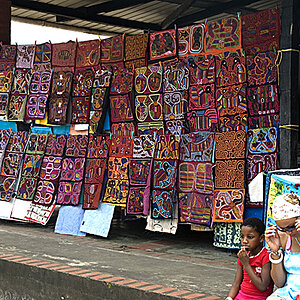
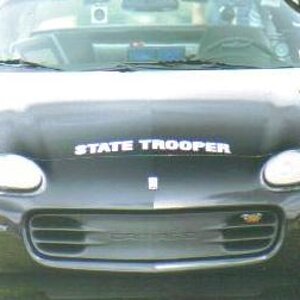
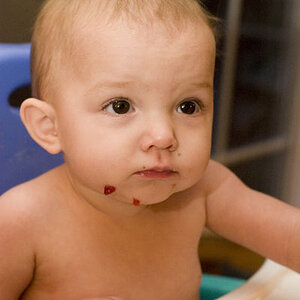
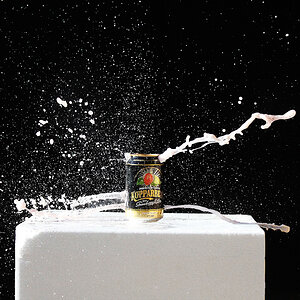
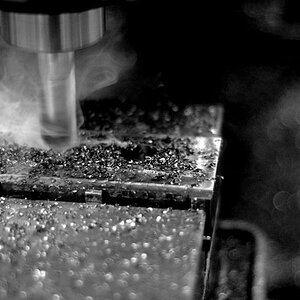
![[No title]](/data/xfmg/thumbnail/32/32807-d5379cd3a34c7d2ac3535361dd969c10.jpg?1619735667)